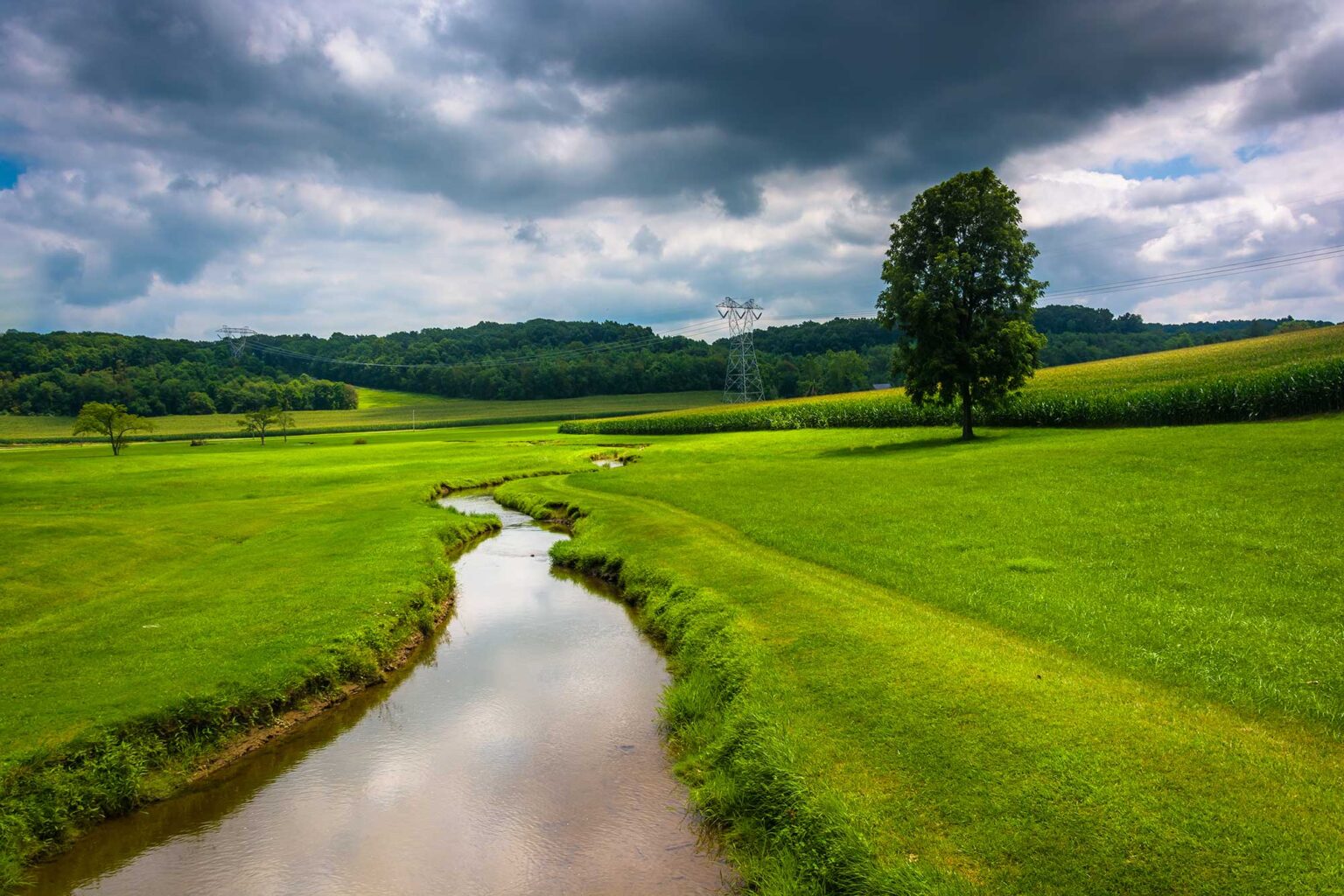Ranchers and farmers across the country are calling for simpler water rules following decades of uncertainty regarding the definition of what is a federally regulated waterway.
On April 22, the American Farm Bureau Federation submitted formal comments to the Environmental Protection Agency urging it to revise the definition of “Waters of the United States” pursuant to the Supreme Court’s ruling in Sackett v. EPA in 2023.
In that decision, the court overturned the EPA’s previous “significant nexus” test, deeming it too broad and vague. Instead, the Court upheld a narrower “relatively permanent” standard, which focuses on waterways with unbroken surface connections to larger bodies of water.
The Farm Bureau argues the current WOTUS definition is still too ambiguous and may pull typical farming features — such as ditches, impoundments, stock ponds, and low field areas — under federal control.
“Common operations such as plowing, planting, or fence building might result in enforcement action under the Clean Water Act’s draconian penalties,” AFBF warned. Permits cost time and money, something many producers say they don’t have.
Recommendations by AFBF are:
- A clear definition of the “relatively permanent” standard.
- Regulation of wetlands should only be done when they are impossible to differentiate from federally regulated waters and have a persistent surface connection.
- Clear exclusions of normal agricultural activities in an effort to prevent legal and economic liabilities.
AFBF President Zippy Duvall noted that farmers want to save water and soil but need clear regulations.
“America’s farmers and ranchers are committed to doing the right thing by protecting the resources they’ve been entrusted with. We need clear regulations to reach those goals, however,” he said.
“Considering drains, ditches, stock ponds, impoundments, irrigation ditches, and low spots in farm fields and pastures as jurisdictional ‘waters’ opens the door to regulation of ordinary farming activities that move dirt or apply products to the land on those lands,” AFBF stated in its comments. “Everyday activities such as plowing, planting, or fence building in or near ephemeral drainages, impoundments, ditches, or low spots could result in enforcement action triggering the (Clean Waters Act’s) harsh civil and criminal penalties unless a permit was obtained first. Bear in mind that permitting under CWA requires the investment of significant amounts of time and money. Most farmers and ranchers have neither of those in abundance.”
The bureau also criticized the Biden administration’s earlier approach, accusing the EPA and Army Corps of Engineers of evading the Court’s intent through vague internal guidance memos that continue to assert sweeping federal power.


